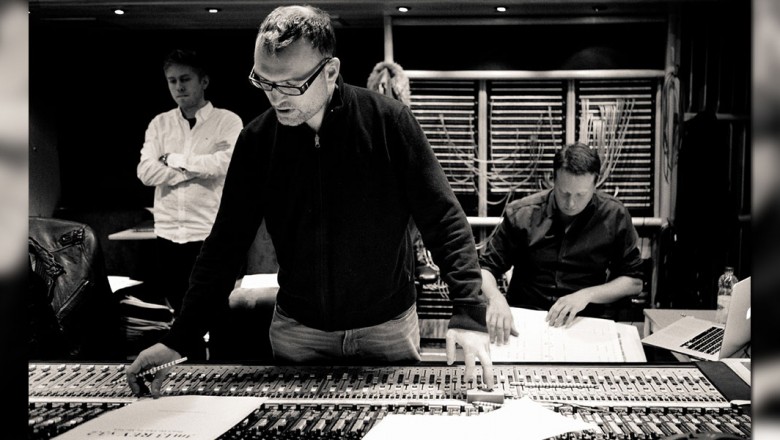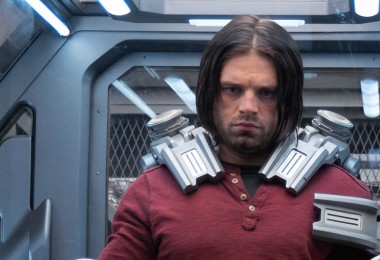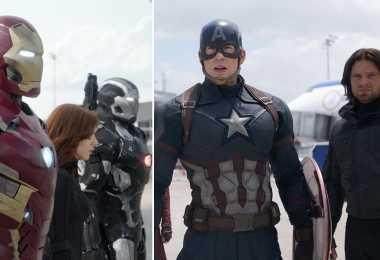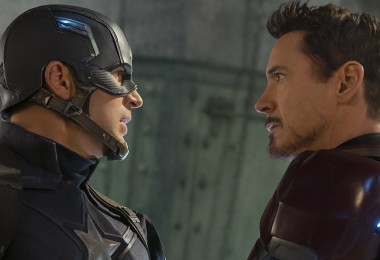Oxford-educated Henry Jackman has scored the music for a number of films, including X-Men: First Class and Captain America: The Winter Soldier. Trained in classical music then plying his trade in the electronic music world, he eventually “bumped into” famed film composer Hans Zimmer, who said he should be doing film music. So he made the move. D23 talked to Jackman about his score for Marvel’s newest blockbuster, Captain America: Civil War.
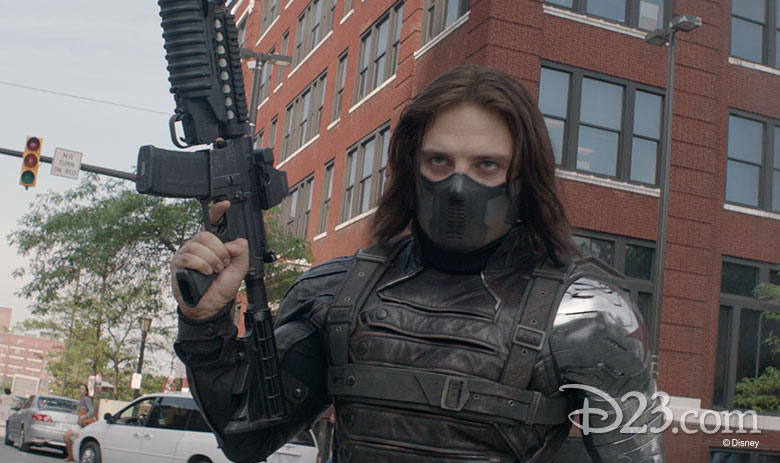
D23: What was the difference between the scores of Captain America: Winter Soldier and Captain America: Civil War?
Jackman: On Winter Soldier, we were more focused on making a contemporary score because Captain America was dragged out of his nostalgic, patriotic past into a confusing modern world that he didn’t understand. And the Winter Soldier was a very mechanized, barbaric entity, hence the sound for that score. The score for Civil War is much more symphonic and a lot more orchestral. If you listen to the Winter Soldier suite, there’s hardly a trace of melody or harmony or use of orchestra, because he’s a sort of ferocious, contorted human stuck inside a mechanized suit and he hardly has any of his own personality. He’s a sort of tortured soul who doesn’t even know himself. Captain America: Civil War is different.
D23: What was the feeling you were trying to convey with the villain Zemo’s theme?
Jackman: Very often in superhero films, there’s a grand villain and it leads to some inevitable clash between the heroes and some grand creature that needs dispatching. What I thought was so good about this film is that it features a more subtle type of villain. Zemo is a sort of an emotionally distressed nihilist who’s very scheming and very clever. I had the chance to write an emotionally twisted and sort of harmonically wayward piece of music for Zemo.
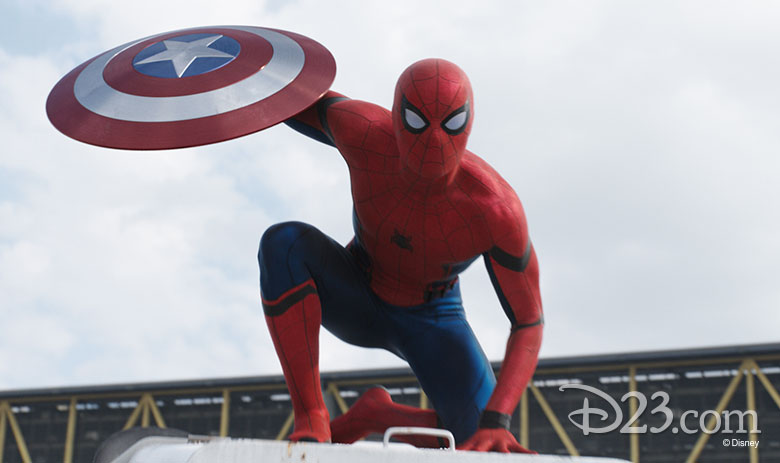
D23: What about the piece called “The New Recruit”? (Spider-Man) It seems very low-key and beautiful.
Jackman: One of the teasing things about this film is that Spider-Man doesn’t come smashing in as a full-blown figure. Our introduction to him is actually very gentle—instead of seeing the super-hero to start with, you see the character of Peter Parker. And you see Tony Stark being a sort of super-hero uncle to this up-and-coming, somewhat confused, slightly tender—there’s a tenderness to Peter Parker. It’s an emotional, bonding type of moment, so for that first cue of “New Recruit,” you just get the beginnings of the motif for Spider-Man, and just toward the end of that scene you get the seed of his heroism. And later on in some of the action sequences, when he’s now in full flight, you get a full-blown version of his journey.
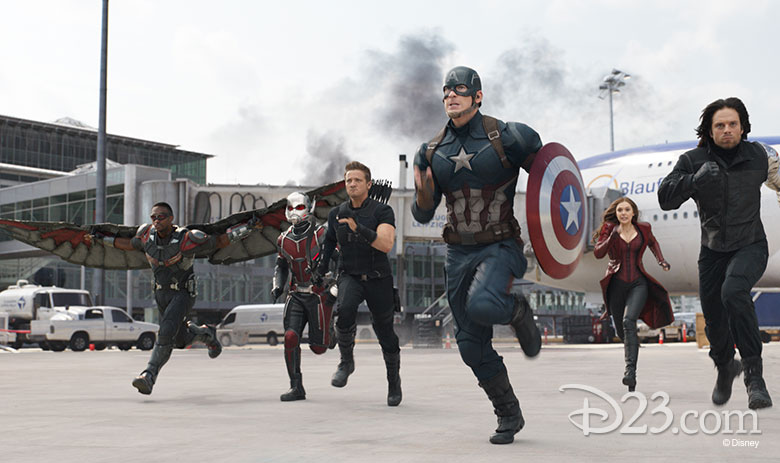
D23: Please describe the score for the battle between the super-heroes at the airport.
Jackman: When all the super-heroes are fighting each other at the airport you can afford to be grander and more symphonic—it’s a mighty clash of these super-heroes. So you’re able to pull more on the grand symphonic tradition, which is appropriate to elevate that scene. There’s a little smattering of electronic stuff here and there but it’s much more focused on the symphony orchestra. If you added all the players (musicians), there were probably more than 130 players. There’s an epic moment in the track “Civil War” where they really do slam into each other after they sort of rush toward each other and then finally meet head-on.
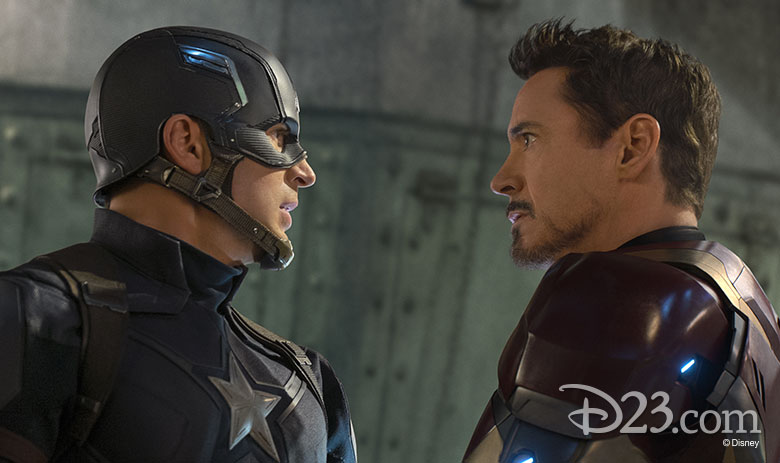
D23: The final scenes with Iron Man and Cap toward the end of the film were particularly intense. What was your intention with the music there?
Jackman: That’s such a traumatic and emotionally strident narrative thread, the run through the end is pretty traumatic—these epic battles between Iron Man and Captain America and Winter Soldier. It’s the ultimate split, and things have gone horribly wrong. It’s a really important scene. The music swells to this sort of heroic finale and it’s a suggestion of good things to come.


